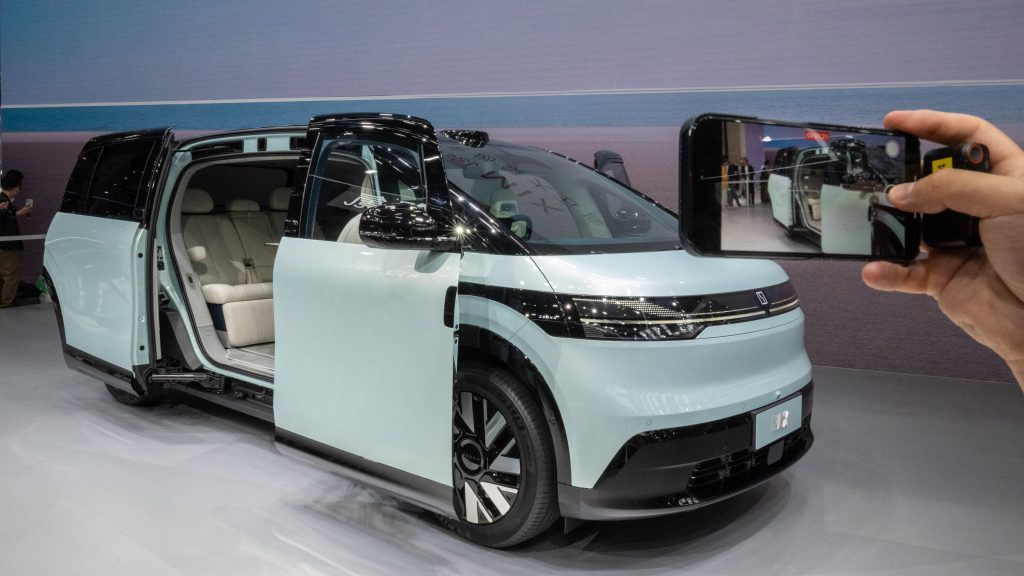Small electric cars have become an increasingly popular choice for urban living, offering a practical and eco-friendly solution to the challenges of city life. With the rise of environmental awareness and the push towards sustainable transportation, these compact vehicles are playing a vital role in reducing carbon emissions and alleviating congestion in crowded urban areas. Their small size, energy efficiency, and low operating costs make them ideal for city dwellers seeking an environmentally responsible way to get around. One of the most significant advantages of small electric cars is their contribution to reducing air pollution. Unlike traditional gasoline-powered vehicles, electric cars produce zero tailpipe emissions, which helps improve air quality in densely populated cities. This reduction in pollution not only benefits the environment but also has a positive impact on public health by decreasing the prevalence of respiratory and cardiovascular diseases associated with poor air quality.

The compact size of small electric cars makes them particularly well-suited for navigating the often narrow and congested streets of cities. Their smaller footprint allows for easier parking and maneuvering in tight spaces, which is a major advantage in urban areas where parking is often limited and expensive. Additionally, many electric cars are equipped with advanced driver-assistance features, such as automatic parking and collision avoidance systems, which enhance safety and make driving in busy city traffic less stressful. Another key benefit of small electric cars is their cost-effectiveness. While the initial purchase price of an electric vehicle can be higher than that of a conventional car, the long-term savings on fuel and maintenance can be substantial. Electric cars are cheaper to run because electricity costs are generally lower than gasoline, and electric motors have fewer moving parts, reducing the likelihood of mechanical issues and the need for frequent servicing.
Furthermore, many governments offer incentives, such as tax rebates and reduced registration fees, to encourage the adoption of electric vehicles, making them even more affordable for consumers. The convenience of charging Kleine elektrische auto is another factor driving their popularity. With the expansion of public charging infrastructure and the availability of home charging stations, keeping an electric car powered up has never been easier. Many cities are investing in fast-charging networks, allowing drivers to quickly top up their vehicles while on the go, further enhancing the practicality of electric cars for daily use. In conclusion, small electric cars represent a forward-thinking solution for urban mobility. Their eco-friendly nature, combined with practicality and affordability, makes them an attractive choice for individuals looking to reduce their carbon footprint and embrace sustainable living.
